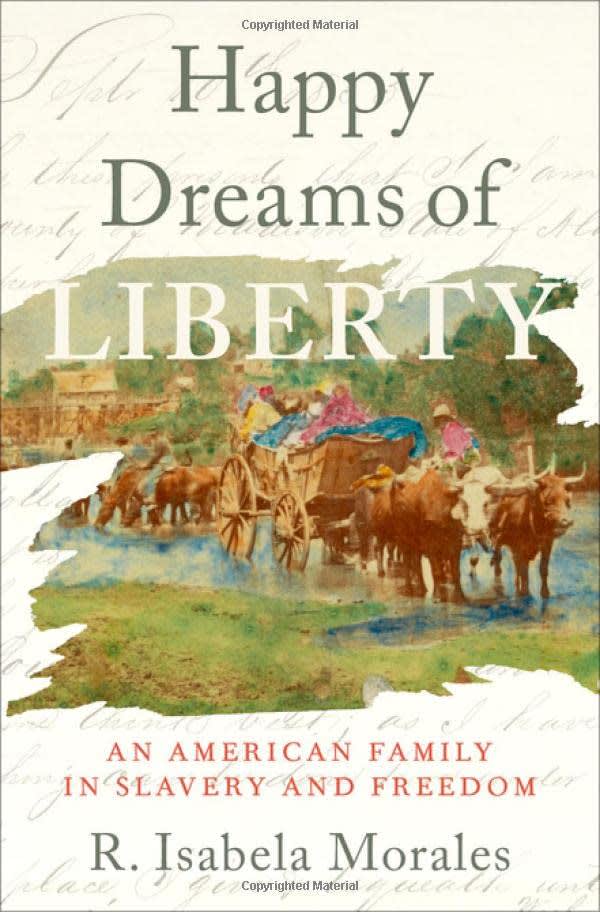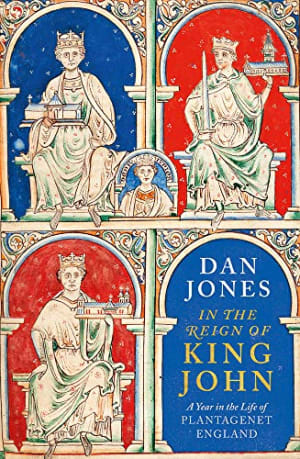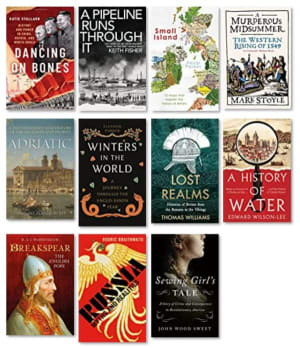Their freedom papers will only be a pass to want and misery... they have happy dreams of liberty... but if they could realise, as clearly as I do, how much more happy they would be back on an Alabama plantation, than in any free condition they can be placed in, they would certainly be sad enough.
So said David Lakin who had been hired to help the newly freed Townsend family find homes and land in Kansas in 1860. Lakin and 28 previously enslaved people1 were onboard a steamboat chugging their way down the Mississippi River to a new and better life... albeit with many obstacles in their way not least Lakin and others like him who didn’t really think they should have been freed in the first place.
R. Isabela Morales tells us the story in “Happy Dreams of Liberty: An American Family in Slavery and Freedom”.
A family man?
The newly freed people were all the children of Samual Townsend, a multi-millionaire2 cotton plantation owner from Alabama in the United States who never married but had at least seven children by four different women, all of them his slaves. Because legally the children’s status followed the status of the mother, Samual’s children were his slaves too.
While shocking to us now, this situation wasn’t so unusual in many states in early 19th Century America where millions of people lived in slavery. Owning African American people as property, slave owners could, and often did, do with them whatever they liked including coercing them into sexual relationships. As one former slave put it “I didn’t want him but I couldn’t do nothin.”
Home of the enslaved
What was much more shocking to people at that time and place was that Samual Townsend wanted to free his slaves, and what’s more he intended to leave them his whole (extremely valuable) estate, divided between them. The idea of formerly enslaved black people being not only free but also significant property owners was deeply disturbing to many white people. And in fact it was illegal under Alabaman law for a freed person to live in the state. Hence the journey to Kansas - if you wanted to be a free black person you had to leave.
Why did he do it?
Consideration for his fellows had not been a very noticeable quality of his during Townsend’s lifetime. As Morales puts it, here was a man who “bought and sold human beings, broke up enslaved people’s families, and seperated wives from their husbands to satisfy his desires”.
But as Morales goes on, Samual Townsend considered his children to be a class above other people with African American ancestry - because they were his. Townesend stipulated that he wanted them to be treated as though they were “white children” and after he died “should never serve any body else.”
To achieve this he gave instructions that his land and his hundreds of other slaves should be sold and the money given to his children and a smaller amount to the mothers of his children, his children’s half-siblings and cousins. Although in the event, the money was a long time coming and the full fortune was never realised - most of the family appear to have been struggling for money most of the time.
The content
Morales charts the ups and downs of various members of this family in the period after they were freed.
For example: the conscientious Susanna Townsend who was determined to finish school, but died of tuberculosis at age 16 soon after the death of her infant child. Or Charles Osbourne Townesend who went West to Colorado and set up a successful barber shop in a silver mining town, becoming a respected member of this overwhelmingly white community. Or the wealthy Thomas Townsend who returned to Alabama after the Civil War and was elected to various local political positions until the increasingly racist and violently exclusive environment forced him out of public life.
In following these different stories we can see in microcosm how American lives varied from place to place and how they changed over time - all against the backdrop of a pervasive racism that was more or less overt in different places, and a racism that became increasingly aggressive and violent toward the end of the 19th Century.
The writing style
While the story is fascinating and full of human drama Morales - perhaps deliberately - doesn’t really dwell on the dramatic. She gives a fairly dense and factual narrative summary: person A went to place B and did thing X. So while it is readable I did not find it to be a book I could lose myself in.
Reservations?
So Morales is careful to restrict herself to the facts of the story. There’s nothing wrong with this and it’s an important story - but it makes it a less powerful read. I would have appreciated a bit more historical context, grand theories and / or moral outrage. Given today’s fraught social environment Morales is no doubt wise to play it straight. But it means the book comes across more as a scholarly work rather than one aimed at the everyday reader.
Conclusion
As a non American this book filled an important gap for me - that period of flux and uncertainty before the civil war. It also rounded out my view of what it could mean to be a pre-war Southern gentlemen, or an enslaved person - people whose collective misery was the vital source of their owners’ wealth.
It is also a reminder of the importance of dreams and hopes even in the most difficult circumstances. Even if those dreams are never adequately realised, they still have value: can still make you happy enough.
Book details
(back to top)- Title -
Happy Dreams of Liberty : An American Family in Slavery and Freedom
- Author -
R Isabela Morales
- Publication date -
August 2022
- Publisher -
Oxford University Press
- Pages -
336
- ISBN 13 -
978-0197531792
- Podcast episode -
- Amazon UK -
- Amazon US -



